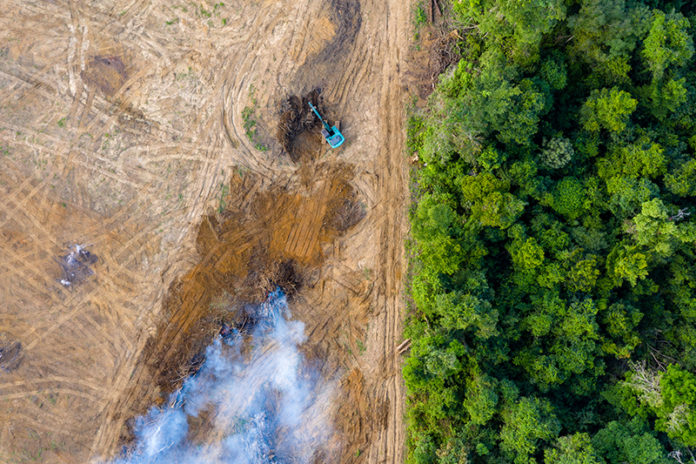Imagine for a moment that Russian President Vladimir Putin had used different tactics.
Imagine that Putin had just been a little less nakedly aggressive; if he had worked to undermine democracy and dismantle the post-Cold War architecture with a bit more subtlety; if he had stuck with the tactics he employed in Georgia and Crimea and in American and European elections; he and Russia would not now be the international pariahs they have become. The Germans would still be planning the Nord Stream 2 pipeline to cement their dependence on Russian fossil fuels. Viktor Orban, Marine Le Pen, Matteo Salvini and Nigel Farage would still be lionizing Putin. Tucker Carlson would still be demanding to know what is so bad about the Russian president (“Did he call me a racist?”), and Donald Trump would still be planting wet kisses on his feet.
The fact is that Putin has done more than enough over the past two decades to earn the hostility and suspicion of free people. He has murdered his political opponents. He has crushed the free press. He committed war crimes against Chechnya, targeting civilians in Grozny and causing the deaths of up to 50,000. He invaded Georgia in 2008 and Ukraine in 2014, annexing Crimea. He sided with Bashar al-Assad in Syria, bombing civilian targets including hospitals in Aleppo and facilitating the use of chemical weapons. And through subterfuge he sowed division in Europe, the United States and around the globe, supporting extremists of the left and the right and undermining confidence in elections.
You can do all of that and more and get away with it. What you cannot do is roll tanks into another country. That, apparently, is the sort of act that finally reminds people of good and evil in this world.
Ukrainians deserve our gratitude. Their heroism in the face of this brutal attack has shocked people into hard-headed realism. Putin did the one thing that no one can misinterpret or explain away. No more illusions. Aggressors are real. Freedom is worth defending.
The shift in attitudes toward Russia has been vertigo-inducing, but it remains to be seen whether it will stick. The human tendency toward complacency and denial is very strong.
One way we’ll know if the democracies have truly grappled with the moment is what they do on energy.
Without energy revenue, Russia is defanged. Oil and gas account for nearly 40% of Russia’s federal revenue and 60% of exports. The old gibe that Russia is a “gas station with nukes” was only somewhat exaggerated. Europe currently relies on Russia for 40% of its energy needs. Unfortunately, the European Commission seems to be thinking very much inside the box, with an emphasis on “renewables and energy efficiency.”
Another path, better for the climate than liquified natural gas and more reliable than renewables, is in plain sight — nuclear power. The world’s demand for energy is not going to diminish, but only increase in the coming century. The U.S. Energy Information Administration estimates that world energy demand will increase 50% by 2050, led by growth in Asia. The Organization for Economic Cooperation and Development countries cannot in conscience deny development to the world’s poorer nations. Nor can we delude ourselves that renewables, at the current state of technology, can take up all the slack created by giving up fossil fuels.
Amazingly, there is an existing technology that can produce the energy the world needs without harming the climate. And yet we hesitate.
Nuclear power is the key to limiting climate change and hobbling some of the world’s worst aggressors.
If we’re serious about both problems, we’ll clear the air of superstitions about nuclear power. Nuclear power plants cannot explode like nuclear bombs. They require much less land than solar or wind. Nuclear waste can be safely buried. The U.S. Navy has been powering ships with nuclear reactors since the late 1950s. According to the Naval Post: “U.S. Nuclear Powered Warships (NPWs) have safely operated for more than 50 years without experiencing any reactor accident or any release of radioactivity that hurt human health or had an adverse effect on marine life.”
Nothing is perfect. One death from radiation exposure at the Fukushima power plant has been noted by the Japanese government: a worker who died of lung cancer in 2018, seven years after the tsunami and meltdowns.
But if we are in a new hard-headed era, we will evaluate trade-offs like adults. Are we serious about choking off the source of Putin’s power or not? Are we serious about combating climate change without illusions that wind and solar will do the job? Nuclear power can be a major part of the solution to both challenges.































